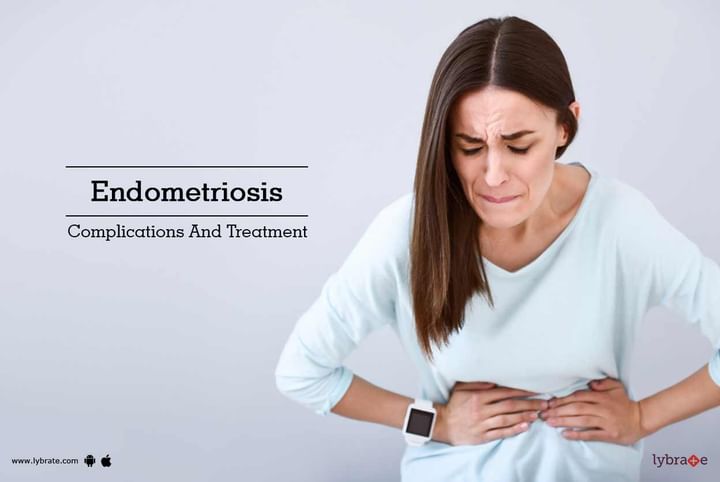Endometriosis - Complications And Treatment
An often painful condition usually involving the bowel, ovaries or the tissue lining the pelvis, endometriosis is characterized by the abnormal growth of the endometrial tissue beyond the premises of your uterus or your pelvic region. The endometrium, in fact, functions perfectly normal with each menstrual cycle, but because of it being displaced, it cannot exit the body and consequently gets trapped.
Besides causing severe pain and distress, endometriosis can also adversely affect fertility. When the ovaries get involved, certain cysts known as endometriomas tend to develop which often result in the formation of scar tissues and adhesions.
Complications associated with it
- Infertility: Impaired fertility is the most common kind of complication arising from endometriosis, with approximately one-third to one-half women having problems with pregnancy. During endometriosis, the fallopian tube gets obstructed, thereby restricting the union of the egg and sperm.
How best to treat it?
Depending on how severe your symptoms are, endometriosis can be treated via the use of medications or through the advent of surgery.
- Pain medications: Certain medications, including pain relievers and anti-inflammatory drugs, are particularly useful in providing relief to painful menstrual cramps.
- Hormone therapy: Undergoing hormonal therapy can help ward off or reduce the pain of endometriosis, but it should be kept in mind that it is only a temporary fix and that symptoms might reoccur. Hormonal therapies include:
- Hormonal contraceptives
- Medroxyprogesterone
- Gonadotropin-releasing hormone (Gn-RH) agonists and antagonists
- Danazol
- Conservative surgery: This can either be done through laparoscopy or, in more extensive cases, through traditional abdominal surgery.
- Assisted reproductive techniques: These include In-vitro fertilization (IVF), and are sometimes more preferable over conservative surgery.
- Hysterectomy: This is usually done in more severe cases of endometriosis whereby ovaries are also removed with uterus and cervix. If you wish to discuss about any specific problem, you can consult a gynaecologist.



+1.svg)
